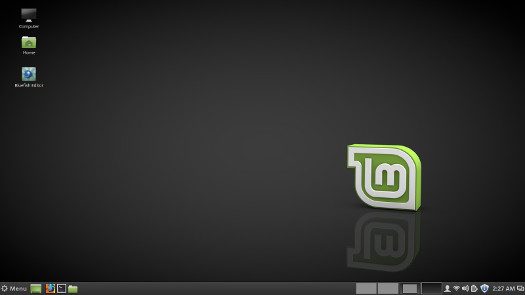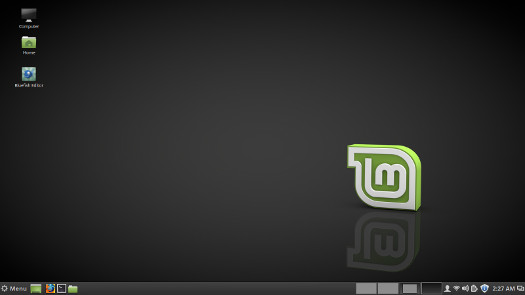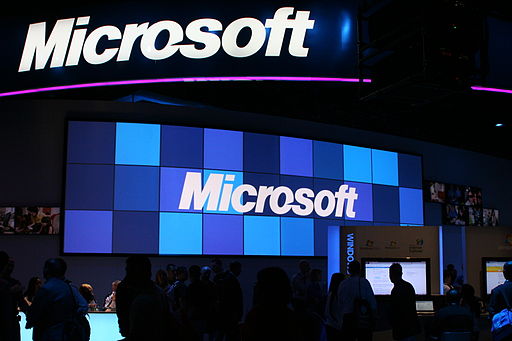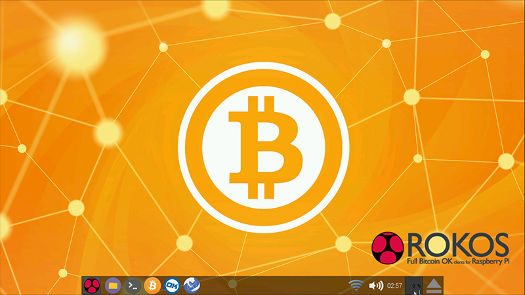Also included: FCC requires TP-Link to allow users to install open source firmware on routers, five new distro releases, new releases of LibreOffice and KDE Plasma, and Microsoft releases Skype 1.3 Alpha for Linux.
FOSS Week in Review
Maybe because we’re in the last 30 days or so of real summer — as opposed to calendar summer — or perhaps because most ‘Mericans are glued to their TVs as the Clinton/Trump heavyweight bout gets underway in earnest, but this has been a slow news week in the FOSS world. However, there are some notable items worth mentioning.
 FCC supports open source Wi-Fi firmware. For the last several months many open sourcers have been up in arms because it looked as if the door was being closed on open source on Wi-Fi routers after the agency changed it’s rules around radio interference on the 5 GHz band, making it difficult for router makers to allow users to install open source firmware on their routers. All along, the FCC claimed that shutting out open source use wasn’t part of the game plan, but we FOSSers are a suspicious lot and we weren’t buying it.
FCC supports open source Wi-Fi firmware. For the last several months many open sourcers have been up in arms because it looked as if the door was being closed on open source on Wi-Fi routers after the agency changed it’s rules around radio interference on the 5 GHz band, making it difficult for router makers to allow users to install open source firmware on their routers. All along, the FCC claimed that shutting out open source use wasn’t part of the game plan, but we FOSSers are a suspicious lot and we weren’t buying it.
Christine Hall has been a journalist since 1971. In 2001, she began writing a weekly consumer computer column and started covering Linux and FOSS in 2002 after making the switch to GNU/Linux. Follow her on Twitter: @BrideOfLinux



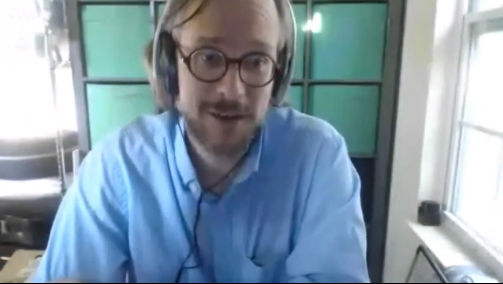




 The meeting came about because Reglue’s booth was right across the aisle from OpenShot’s booth. and their display caught my eye immediately. I’ve worked with many video editing tools over the years, and frankly, I’ve usually ended up paying someone to do the work for me because I found the level of complexity and the learning curve to be insurmountable. So being placed this closely to the OpenShot Studios booth rang out as a golden opportunity, which indeed it was.
The meeting came about because Reglue’s booth was right across the aisle from OpenShot’s booth. and their display caught my eye immediately. I’ve worked with many video editing tools over the years, and frankly, I’ve usually ended up paying someone to do the work for me because I found the level of complexity and the learning curve to be insurmountable. So being placed this closely to the OpenShot Studios booth rang out as a golden opportunity, which indeed it was.